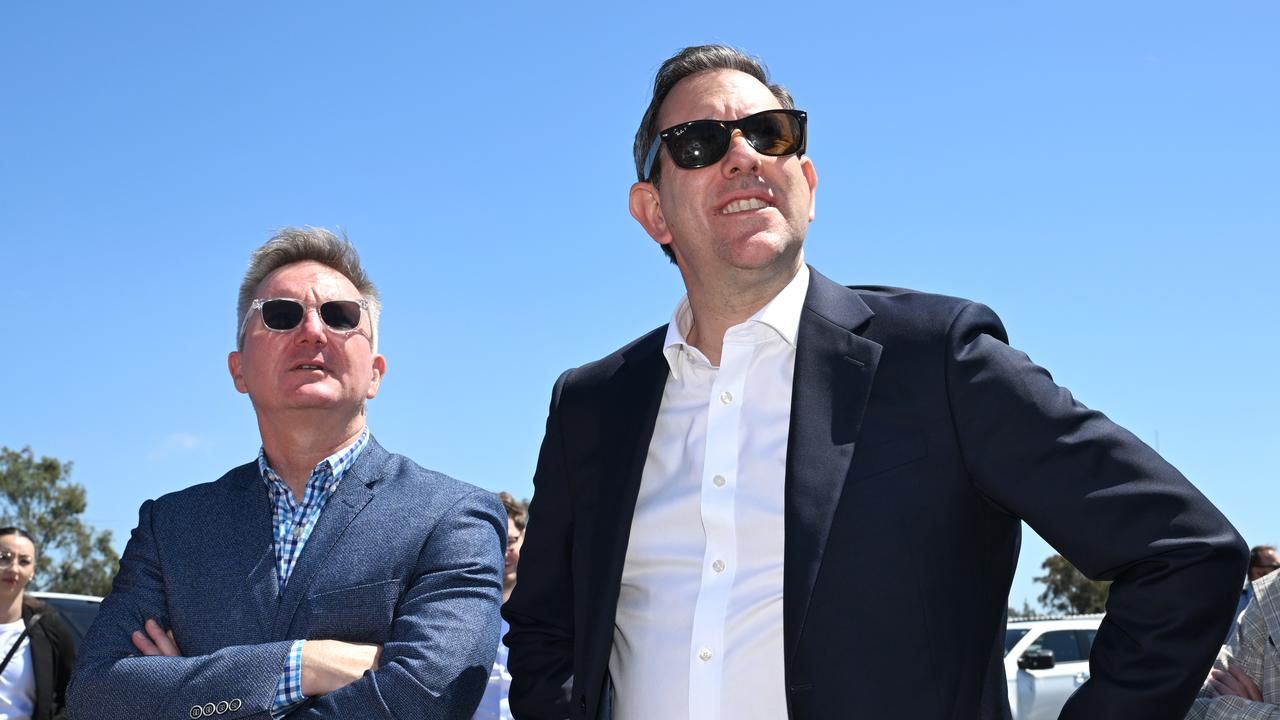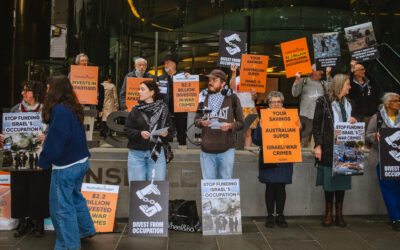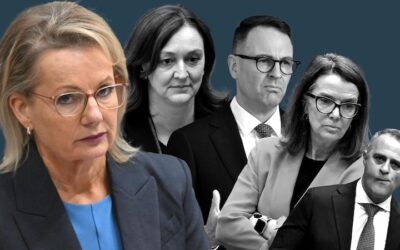A promise to kickstart an emerging low carbon fuel industry has been sandwiched between dire warnings of Australia’s climate threats and the expected release of national targets to slash emissions.
The federal government’s $1.1 billion to support the production of cleaner fuels has been announced on the backdrop of intense debate over Australia’s climate ambition, with 2035 emissions-reduction targets expected within days.
The announcement follows a troubling preview of the nation’s future as temperatures climb, including concerning exposure to floods and other coastal hazards.
Former Australian Defence Force chief Chris Barrie has been warning of widespread human displacement because of climate change, with as many as 80 million people from Bangladesh potentially seeking shelter in Australia as natural disasters become more severe.
Spruiking the low carbon fuels package, Treasurer Jim Chalmers said the threat of climate change and the economic opportunity of net zero could not be separated.
“The worst possible outcome, from an economic point of view and an environmental point of view, would be if we walked away from net zero,” he said at an oil refinery in Brisbane alongside Climate Change Minister Chris Bowen.
Net zero and its expected economic burden remains a fractious issue for the federal opposition, with a Liberal MP threatening to quit the frontbench if the party continues to back climate targets.
The economic cost of Labor’s 2035 targets will be unveiled alongside the emissions-reduction goals, Dr Chalmers confirmed.
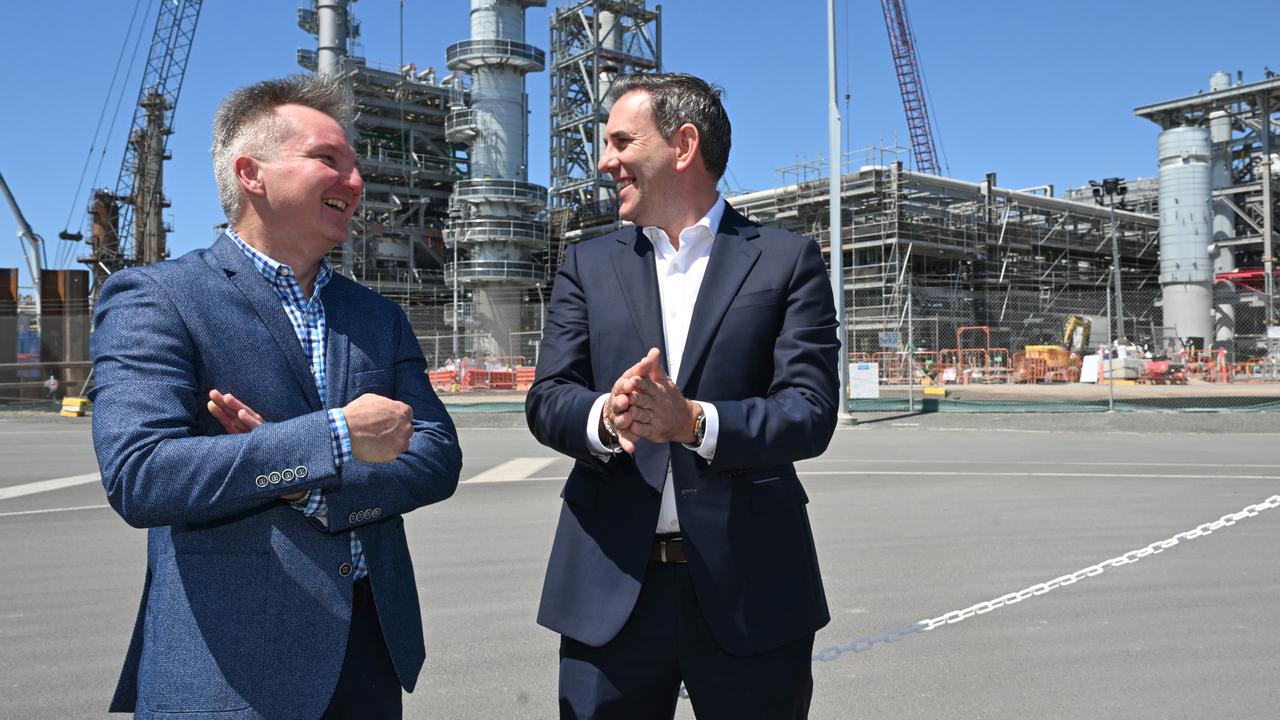
Treasury has modelled a single figure within the 65-75 per cent range floated by the Climate Change Authority.
Low-carbon fuels, such as sustainable aviation fuel, are made from agricultural feedstocks like sugarcane, tallow, canola and cooking oils.
They can reduce aircraft emissions by 80 per cent compared to traditional jet fuel, on some estimates.
The exact design of the 10-year Cleaner Fuels Program is still being worked out, but it will likely involve grants to help companies make their processes more efficient.
The funding would start flowing from 2028 and would help hard-to-abate industries reduce their carbon emissions, Mr Bowen said, while also protecting the nation’s fuel supply.
Australia imports about 90 per cent of its liquid fuels.
Mr Bowen defended the practice of subsidising industries “starting from scratch”, arguing such spending would unlock private investment in the green industries and jobs of the future.
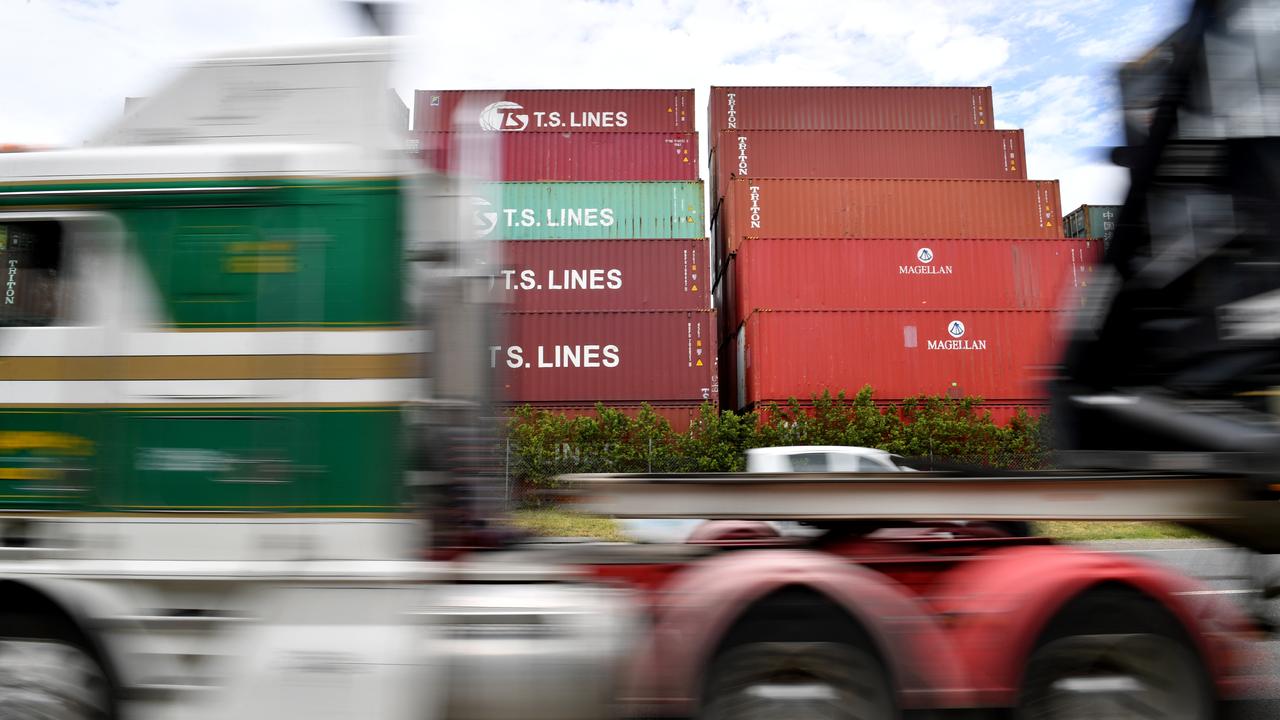
The announcement was welcomed by big business and the tourism sector.
Tourism and Transport Forum chief executive officer Margy Osmond said the investment would position Australia as a global leader in sustainable aviation, cruise and transport fuels.
“Ultimately, Australia is a long-haul destination and once you are here, most of our great sights and adventures are also long-haul,” she said
“Our capacity to access sustainable fuel for aviation, the cruise industry and onshore travel, is critical.”
Business Council executive director of policy Wendy Black said Australia had the natural advantages, feedstocks and expertise to become a global leader in sustainable fuels.
“But we need durable policy settings to unlock private investment at scale,” she added.
Australian Associated Press is the beating heart of Australian news. AAP is Australia’s only independent national newswire and has been delivering accurate, reliable and fast news content to the media industry, government and corporate sector for 85 years. We keep Australia informed.
